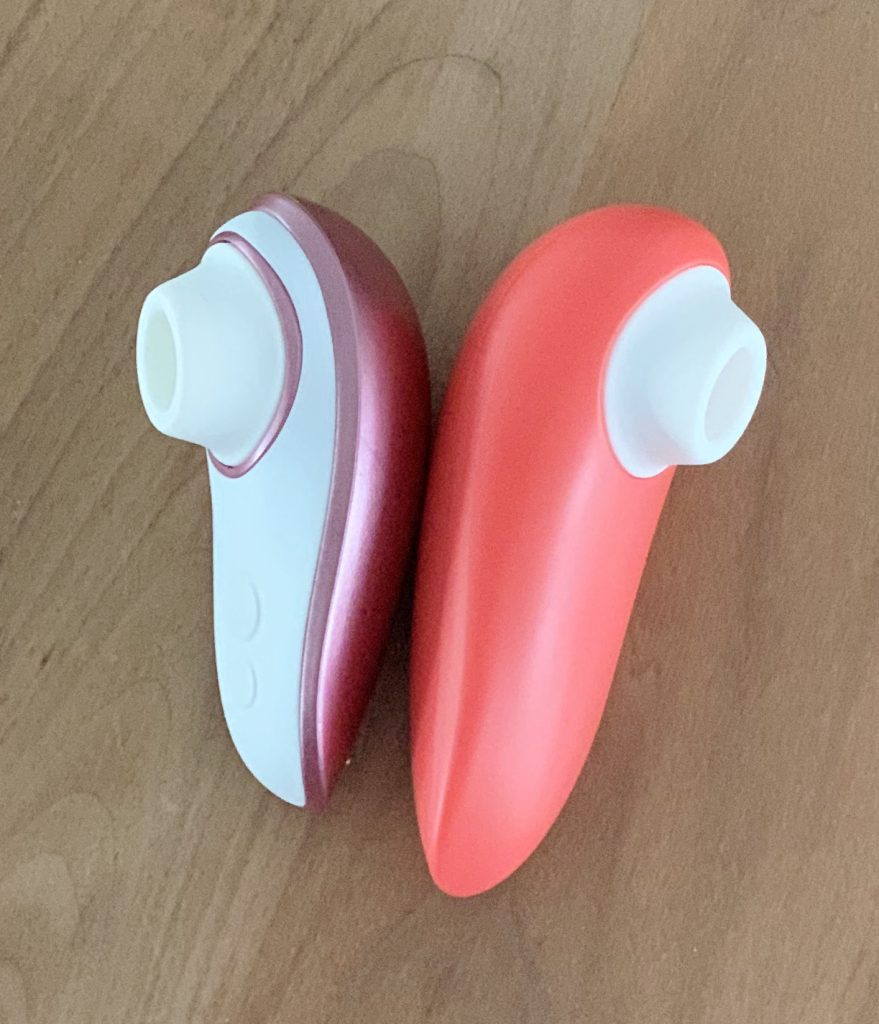

So here we were for the first time with a device that was solely for the pleasure of women." The rocky road to female climax "But until now, women were side actors for the pleasure of the attending dudes. "There has always been a sexualization of technology at CES," said Carolina Milanesi, an analyst at Creative Strategies. This set off a debate about gender bias and whether sex devices should be considered tech. CTA revoked the award a month later and then reinstated it after public outcry. The Consumer Technology Association, which hosts CES, awarded sex tech company Lora DiCarlo a coveted Innovation Award in the robotics and drones category at the 2019 show. The parameters haven't been so clear in the past.

In January, for the first time in the 50-year history of the massive CES trade show in Las Vegas, sex tech devices will be allowed to exhibit under the health and wellness category if they are " innovative and include new or emerging tech." This follows a 2019 controversy about what is allowed and what isn't. Meanwhile, the Womanizer exemplifies how sex tech devices for women have been shifting from the X-rated tools to lifestyle products marketed as a means of female empowerment.įor that to happen, however, the marketing and design of sex tech devices had to be de-sexed a bit. It's more a question of pressure, suction and blood circulation. The 70-year-old German inventor discovered that the female orgasm isn't actually that much of a mystery. According to Wow Tech, the Berlin-based company created from Lenke's business and another firm in 2018, sales of the Womanizer have topped 3 million, led by shoppers in Europe and the US. Seven years and millions of orgasms later, Lenke's creation, known as the Womanizer, has become one of the best-selling sex tech devices in the world - despite a name that sounds more cringe-worthy in English than intended. "I went through all the technical possibilities and soon thought: probably air pressure could work," Lenke said. When Lenke read the statistic, he was astonished - and determined to do something about it. Many studies show that half of all women rarely or never orgasm. The inequality Lenke wanted to fix wasn't about money or leadership. He walked down a flight of stairs to his hobby cellar in Metten, Bavaria, in southern Germany, took an aquarium pump and a plastic hose and got to work. When Michael Lenke set out to battle inequality between men and women, he didn't travel far.

This story is part of CES, where CNET covers the latest news on the most incredible tech coming soon.


 0 kommentar(er)
0 kommentar(er)
